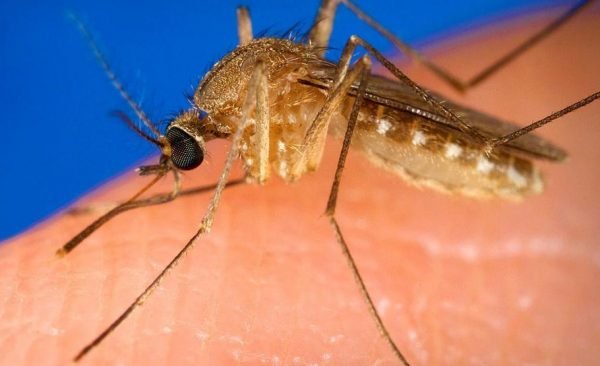Chances are, you’ve been bitten by a mosquito at least once in your life, so you know how annoying these pests can be. But did you know there are quite a few misconceptions about these pesky critters floating around the internet? This is something that we at Presidio Pest Management have become very familiar with, so we’ve decided to set the record straight.
Misconception #1: Bug Zappers
While you may not own one of these ultraviolet bug-zapping machines yourself, you probably know someone who does. But do they really work? And, more specifically, are they an effective way to treat mosquitoes outdoors? The answer: not so much.
Yes, these machines are good for killing insects and can kill thousands in one night, but mosquitoes make up a very small percentage of the insects that are killed (some studies approximate this number being close to 6%). And, of those mosquitoes killed only about 50% are the blood-sucking females.
That leads us to the second myth we’d like to debunk:
Misconception #2: All Mosquitoes Bite
We’re not sure where this myth originated from, but the truth of the matter is that only the female mosquitoes suck blood. In fact, it’s the saliva of the female mosquitoes that causes the itchy bump(s) to appear on your skin after you’ve been bitten. The blood she extracts is then used to develop her eggs.
Unlike females, the male mosquito has a much shorter life expectancy (typically 1 to 2 weeks) and his sole purpose is to mate with females in order to reproduce.
Misconception #3: Wear Dark Colors
For some reason, it’s become widely believed that wearing dark colors will make you less susceptible to mosquito bites. Perhaps the theory is that in the dark you’ll be harder to see. However, it’s the opposite that is true. Light colored clothing is more effective when it comes to repelling mosquitoes. Or, more specifically, light colors do not attract mosquitoes as much as dark colors.
And, if you are willing to double down, baggier clothing can also make it more difficult for mosquitoes to bite you as the added fabric makes it harder for them to access your skin.
Misconception #4: Crane Flies
In Michigan, there has been a serious increase in the crane fly population and, as a result, and increase in the misconception that these insects are large mosquitoes. While similar in appearance to mosquitoes (though significantly larger), crane flies do not consume blood to survive. In fact, many adult crane flies do not consume anything at all; a trait which likely explains their short lifespans. While outward appearance may be somewhat similar, that’s about the extent of the similarities between mosquitoes and crane flies.
Misconception #5: Mosquito-Transmitted Diseases Can Only Affect Humans
Nope! These days, even our furry friends are susceptible to certain diseases spread by mosquitoes. Dog heartworm is becoming more common across the United States and it can absolutely affect the health of your beloved pet. It primarily affects the heart and lungs (though it can influence the effectiveness of other major organs), and will, if untreated, result in death.
So now you know a little bit more about mosquitoes and the common myths that surround them. Have more questions about these pests or how you can effectively get rid of them from your home or yard? Contact us at Presidio Pest Management and let us make your space feel livable again.





